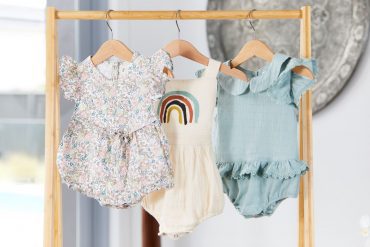By Kathleen Murphy
We are all familiar with the three trimesters of pregnancy, and tend to travel through them in various stages of excitement, discomfort and anticipation for the arrival of our precious baby. What many people don’t realise – until they’re in it – is that we also experience what is termed the ‘fourth trimester’. This covers the first three months after birth, and it is a period of adjustment for your baby to life outside the womb. He or she has spent the best part of 40 weeks cosied up inside you: cocooned against the elements, never hungry, constantly rocked, next to your heart. As a result, adapting to life outside, on his or her own, takes time and can help to explain the neediness of a newborn.
Around the world, in many different traditions, the weeks and months following pregnancy and birth are honoured as a special time for the mother herself: it is a transition. In many many cultures, women are not expected to carry on their normal lives, there is no pressure to ‘snap back’ to where they were before.
But. It isn’t just about the baby. The fourth trimester is also a time of huge adjustment for any new mother, whether it’s her first, third or seventh time. Around the world, in many different traditions, the weeks and months following pregnancy and birth are honoured as a special time for the mother herself: it is a transition. In many many cultures, women are not expected to carry on their normal lives, there is no pressure to ‘snap back’ to where they were before.
When you’ve just had a baby, whether you are conscious of it or not, your mind and body are engaged in important work and require extra support. What that support means will differ for each woman. It may be physical help in the home. It may be having meals prepared for you. It may be a shoulder to cry on. It may be someone to hold the baby so you can enjoy a long hot shower. It may be all or none of these! Some women prefer to stay at home in the weeks after birth, in a nest of sorts, where they can feel safe and secure; whereas others feel better when they get out of the house and into the world.











